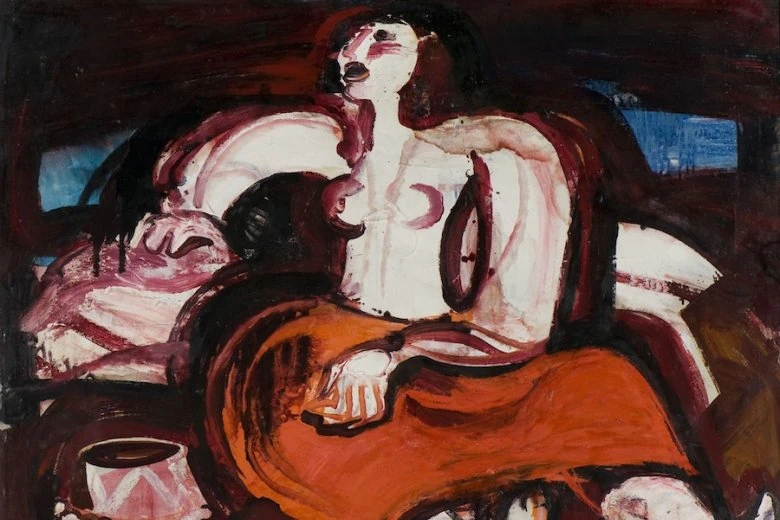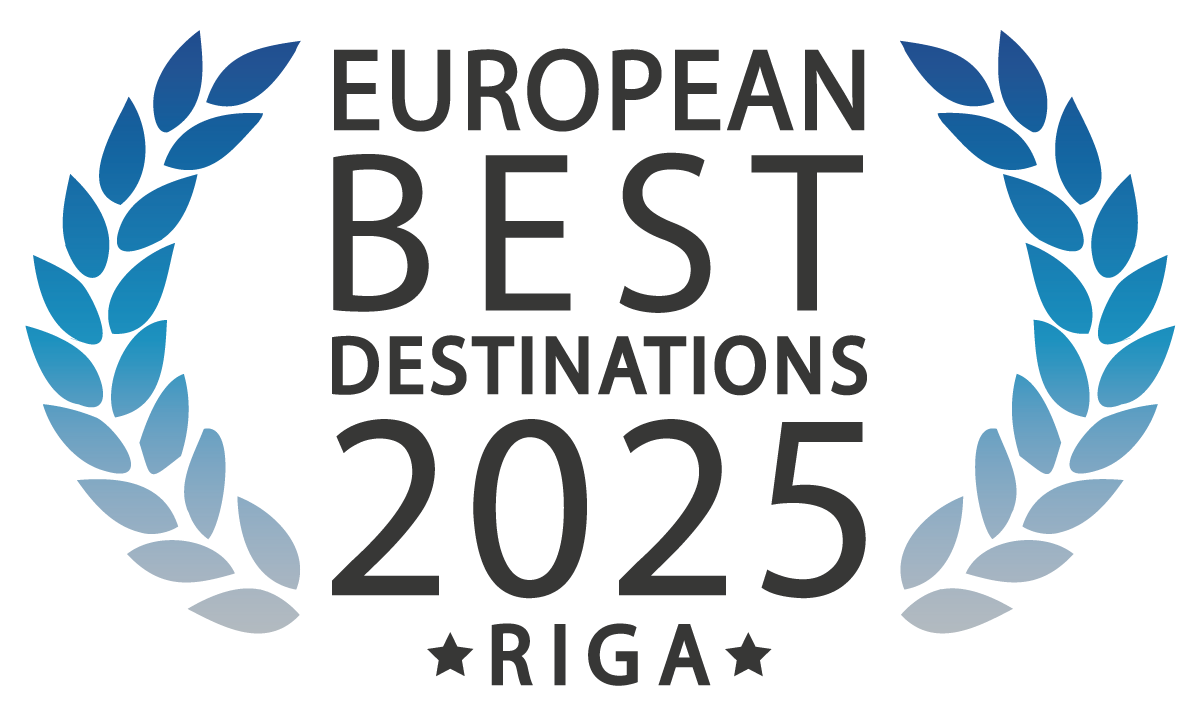
The artist Džemma Skulme (1925–2019) both in her painting and in her personal conviction about the role of culture in a broader context, was always guided by the measure of human fundamental values – a spiritual vertical rooted in the heritage of folk culture.
The goal of this exhibition is not only to explore the situation of art and society in Soviet-occupied Latvia through the creative contribution of a single author but, more importantly, to highlight the individual will of the artist's personality to speak about what was essential to both herself and her people despite ideological constraints. Džemma Skulme's art is a testament to how, under conditions of censorship, she gradually liberated herself from the state-imposed socialist realist expression, including ideological pathos, through her expressive painting language.
Džemma Skulme integrated the legacy of classical modernism into her work, even within the framework of socialist realism. Her free brushstrokes, the energy of colour, and the abstract experience of modernism are interpreted as signs of artistic sovereignty. She used painting as a personal space of exploration and freedom, a means to understand herself and affirm national values. The author's triad of figures – the daughter of the nation, caryatid, and queen – also personified her desire to protect and honour national heritage.
